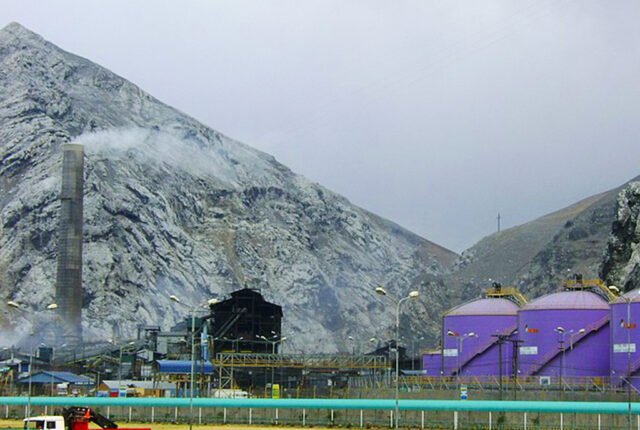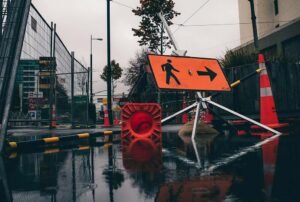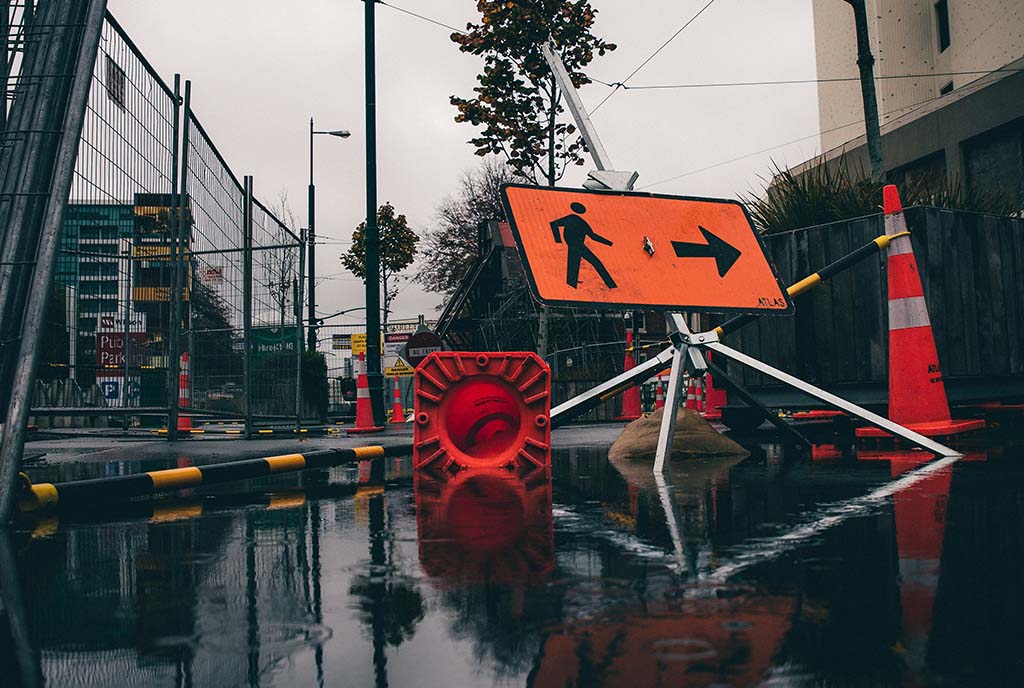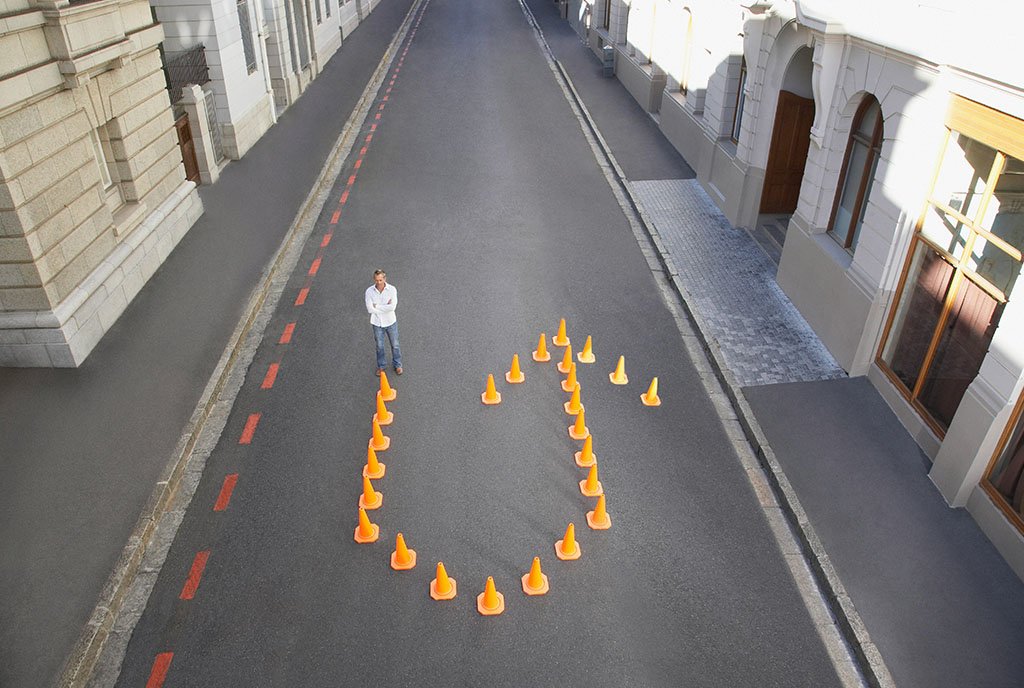
“States have the duty to prevent human rights violations produced by public and private companies.” This could have been part of the court’s opinion in one of the mounting court cases brought by climate defenders in the United States, particularly young people.
But this statement comes from Peru, where, in a landmark climate justice case, the Inter-American Court of Human Rights (IACHR) ruled in March that the country is liable for failure to regulate a century-old smelter complex.
According to the ruling, the water, soil, and air contamination from the plant impacted the mental and physical health of nearby residents of La Oroya, which Inside Climate News described as “one of the most polluted cities on Earth.” The Costa Rica-based court ordered the government of Peru to provide free medical care to 80 impacted victims and to compensate each around $30,000 for previous medical costs, and pain and suffering. For victims who are deceased, Peru has been ordered to compensate their relatives around $65,000.
This ruling is the first of its kind in the country, and as Context reported, it “paves the way for other pollution-hit communities in Peru and across Latin America to seek justice.”
The High Price of Heavy Metals
Located in the central highlands of the Andes Mountains, La Oroya is known for mining and metallurgical operations, in particular smelting, an extractive process that applies heat and a chemical agent to an ore. Historically, La Oroya has been a center for processing lead, zinc, copper, silver, and other metals, including gold.
That processing has an environmental price, one the community has been paying for generations. Health issues related to the La Oroya pollution include elevated risks of cancer, kidney failure, and respiratory issues. High levels of heavy metals have been found in residents’ blood, including arsenic and cadmium. Lead was also found in local children’s blood.
The La Oroya ruling asserts that countries, regardless of size, have a responsibility to protect their citizens.
As NPQ has reported in the past, there is no amount of lead in children’s blood that is safe or acceptable.
The Renco Group, an American company, operated the La Oroya Metallurgical Complex from 1997 until 2009, when it was shut down due to environmental violations. In 2007, almost a thousand community members initiated civil lawsuits against the company for pollution exposure.
Going further back, the complex also had its origins in the United States: it was first founded in 1922 and operated by a company owned by J. P. Morgan and Henry Clay Frick. These American-owned companies have caused pollution in the Peruvian town for decades, a continuing theme in the fight for climate justice: smaller, poorer places—and often communities of color—are suffering due to the polluting of larger, wealthier places. As NPQ reported in 2023, “Climate change disproportionally impacts poorer communities and countries, which have fewer resources to deal with its damaging effects.”
After being ordered to close in 2009, the complex partially reopened in 2023 following a transfer of owners.
Control Over Corporations
“The ruling, which found Peru exercised inadequate control over corporate pollution, sets an important precedent.”
Sign up for our free newsletters
Subscribe to NPQ's newsletters to have our top stories delivered directly to your inbox.
By signing up, you agree to our privacy policy and terms of use, and to receive messages from NPQ and our partners.
The La Oroya ruling asserts that countries, regardless of size, have a responsibility to protect their citizens. In doing so, it’s reminiscent of a monumental case last year in the United States: Held v. State of Montana, in which a group of young people sued the state of Montana for their constitutional right to a safe environment—and won.
In that case, the Montana district court found the state, in supporting an energy system based on fossil fuels, was liable for harming the environment and denying young people safety.
According to Inside Climate News, Peru “must also take steps to hold those responsible for the harm accountable, assess and remediate the environmental damage caused by the La Oroya Metallurgical Complex’s century of operations, publicly acknowledge the government’s malfeasance and install air, water and soil monitoring devices, among other remedies ordered by the court.”
The court that made this unprecedented ruling, the Inter-American Court of Human Rights, is a regional human rights judicial body established by the American Convention on Human Rights. The Court’s jurisdiction covers most countries in North, Central, and South America, except the United States and Canada. Based in San José, the Inter-American Court of Human Rights is composed of seven elected judges who hear cases brought by individuals, groups, or states alleging violations of protected human rights.
Its decisions are aimed at promoting the rule of law, protecting human rights, and ensuring accountability for human rights violations.
The court found Peru to be negligent because the country’s Constitutional Court ruled back in 2006 that health and safety measures in La Oroya needed to be adopted by the government, but officials failed to comply.
“I was carrying my banner saying that the health of the children is worth more than gold.”
As Inside Climate News wrote, “The ruling, which found Peru exercised inadequate control over corporate pollution, sets an important precedent for thousands of communities around the world that are impacted by extreme amounts of industrial air, water and soil contamination.”
In the ongoing fight for climate justice, courts continue to be an important battleground worldwide—sometimes, they are community members’ only recourse. As David Boyd, UN special rapporteur on human rights and the environment, told Inside Climate News, “Not only does [the judgment] provide long overdue environmental justice for the people of La Oroya in Peru, it also establishes a vital precedent that will be used by concerned citizens, communities, courts, and environmental human rights defenders all over the world.”
The fight is ongoing and long: residents of La Oroya have been fighting this particular legal battle in various ways for over two decades, after first filing a lawsuit against their government in 2002. As a resident of La Oroya, Don Pablo, said in a written statement following the ruling, “Twenty years ago, when this fight started, I was carrying my banner saying that the health of the children is worth more than gold. We never gave up.”












